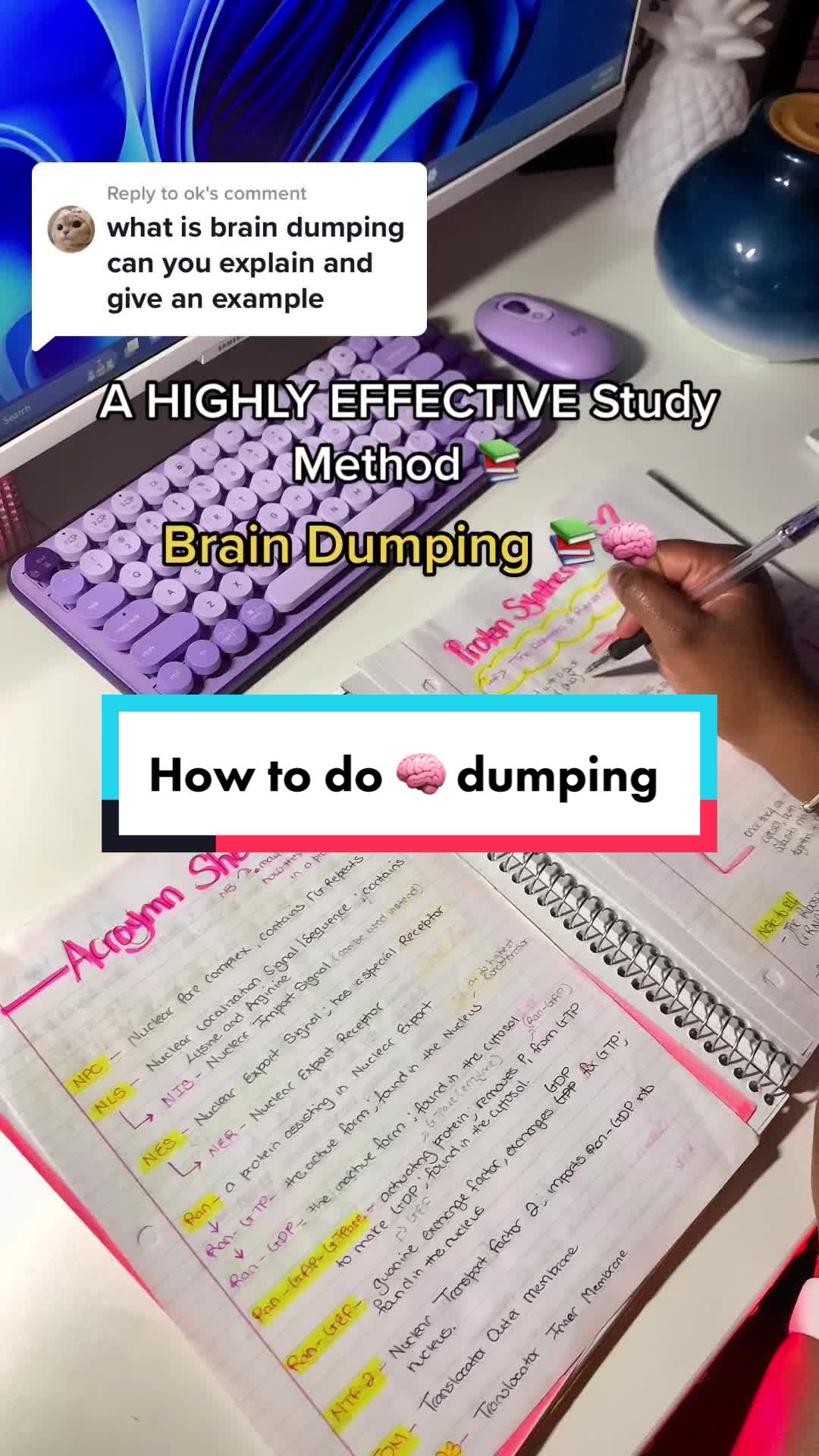
Effective Study Techniques for College Students
As a college student, studying effectively is crucial to success in your academic career. Whether you're preparing for an exam or working on a research paper, using the right study techniques can make a significant difference in your ability to retain information and perform well in your courses. Here are some effective study techniques for college students:
1. Use Active Learning Strategies
Passive learning, such as simply reading or listening to lectures, is less effective than actively engaging with the material. Try using active learning strategies like summarizing the information in your own words, teaching the material to a friend, or solving problems related to the topic.
2. Create a Study Schedule
Time management is key to effective studying. Create a study schedule that allocates specific time slots for each of your subjects or assignments. This will help you stay organized and ensure that you are dedicating enough time to each course.
3. Find a Quiet and Comfortable Place to Study
Choose a quiet and comfortable place to study where you can focus without distractions. This could be a library, a coffee shop, or a designated study area in your dorm or home. Make sure the environment is conducive to concentration and productivity.
4. Take Regular Breaks
It's important to take regular breaks while studying to avoid burnout. A popular technique is the Pomodoro Method, which involves studying for 25 minutes, then taking a 5-minute break. After four cycles, take a longer break of 15-30 minutes.
5. Use Visual Aids and Mnemonics
Visual aids, such as diagrams, charts, and graphs, can help you better understand complex information. Mnemonics, which are memory aids, can also be useful for remembering large amounts of information by associating it with simple phrases or images.
6. Practice Retrieval and Spaced Repetition
Testing yourself on the material you've studied through retrieval practice can enhance memory retention. Additionally, spaced repetition, which involves reviewing information at spaced intervals, has been shown to improve long-term retention of knowledge.
7. Stay Organized
Keep your study materials and notes organized to make it easier to review and study. Use folders, binders, or digital tools to keep track of your notes, handouts, and resources for each course.
8. Stay Healthy
Lastly, don't overlook the importance of maintaining a healthy lifestyle while studying. Get enough sleep, eat nutritious foods, and exercise regularly. Taking care of your physical and mental well-being can improve your overall cognitive function and ability to study effectively.
By incorporating these effective study techniques into your routine, you can enhance your learning experience and achieve better results in college. Remember that finding the right study techniques may require some experimentation, so don't be afraid to try different methods to see what works best for you.
